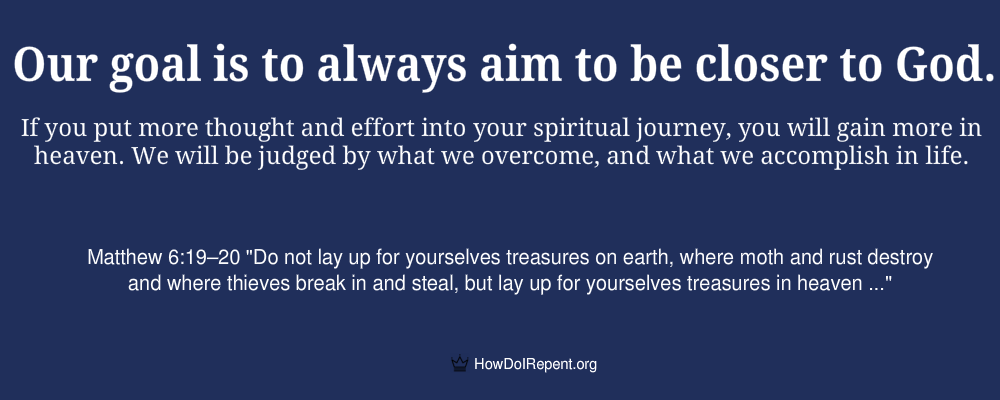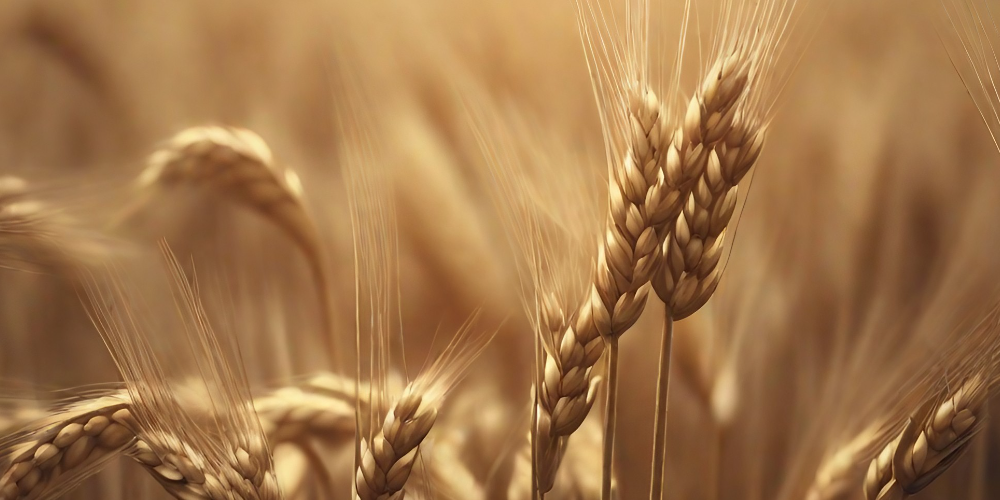There is no miracle in all of creation as great as returning to God through prayer & repentance.
Repentance starts with honesty and continues as a lifelong process of self-refinement. We cannot fix a problem if we do not first recognize it.
The bible tells us that Adam was placed as a “gardener in the east of Eden.” A gardener tills soil and plants seed, he cuts away what is dead or diseased and cultivates what is living. But something seems out of place, Adam was a gardener before thorns, thistles, and death. On the one hand, Adam was created to “work the ground,” but on the other hand he was placed in a garden which seems to have watered and produced fruit by the encouragement of God alone. The answer is hinted at in the biblical word chosen to describe Adam’s service.
The word “work,” as it appears in this verse can also imply “worship” or “service” in the sense of a priest who serves the Lord through some action in this world. Adam did not worship the earth, he was formed from it and caused it to flourish through prayer. The health of the garden was dependent upon the spiritual quality and internal condition of the “gardener.” If there be any doubt, we simply need to return to scripture and see that thorns, thistles and death appeared only after his transgression. Adam’s work was the work of prayer.
Jesus said
Others, like seed sown on good soil, hear the word, accept it, and produce a crop—some thirty, some sixty, some a hundred times what was sown—some of the seed sown will produce thirty, some 60, some 100 times what was sown.” (Mark 4:20)
He compares one who hears the word of God and internalized it to ready earth taking a seed and producing fruit. While earthly seed brings life into this world the higher “seed” of the word brings forth life in the world to come.
Even ancient plant seeds, discovered dry and lifeless for thousands of years, have been successfully cultivated in recent years. A seed, however, will not produce life until it begins to decompose. Moisture causes the dry seed to breakdown and at the very moment when life seems impossible, it begins anew. This teaching is actually first articulated by Christ himself. He taught,
Truly, truly, I say to you, unless a grain of wheat falls to the earth and dies, it remains alone; but if it dies, it bears much fruit. (John 12:24)
Repentance is about resurrection, but this will not come without tears. The Psalmist said,
Blessed are those whose strength is in you, in whose heart are the highways to Zion. As they pass through the valley of weeping it will become a place of springs; the autumn rain also covers it with pools. They go from strength to strength, each one appears before God in Zion. (Ps. 84:5-7)
In this Psalm, the tears of spiritual pilgrims searching for an internal Zion are compared to rain. The needed element for the decomposing and the breakdown of the hard shell of a seed is rain. A person cannot truly die to themselves, that Christ might take root in their heart, without the tears of a repentance comparable to death. Paul, a former hunter of Jewish followers of Christ, was involved in the murder of the Jewish convert and follower of Christ, Stephen. Nothing less than a repentance comparable to death could remove this transgression. Paul said, “It is no longer I who live but Christ in me” (Gal. 2:20)
The “Day of Trumpets” is a sacred day, proscribed by scripture, which takes place on the first day of the seventh month, in the autumn. It’s kept as the anniversary of human creation. Today, the day is usually called “Rosh Hashanah” meaning “head of the year.” It is preceded by 30-days of repentance and introspection. The power of rebirth and recreation, the force that created humanity from red earth on Rosh Hashanah can only truly be accessed through repentance. On each of the preceding 30 days a shofar, or ram’s horn, is sounded in synagogues throughout the world and then on Rosh Hashanah it is blown some 100 times. Paul makes a connection between this practice and the resurrection of the dead. He wrote,
For the trumpet will sound, and the dead will be raised imperishable, and we shall be changed. (1 Cor. 15:52)
Through “30-days of Repentance” we hope you will allow yourself to be truly broken and humbled before God in a way which will prepare a space for Christ to be cultivated within your heart. This is a resurrection of the dead and a promise of what is to come.
On this, day four of repentance, allow yourself to be broken.
Reflect on the past year:
- Did I gossip, intentionally lie, devise wicked imaginations
- Was I arrogant and proud, not forgiving someone from my past, sow discord among my brothers or sisters
- Did I visit the sick, feed the hungry, go out of my way to help others
- Are there things that God has required of me which I have ignored?
If you Ask are sinning in an area, make a decision to stop, don’t over think it, just be done.

Step #2 is to Stop the Sin
If I am habitually sinning, I need to analyze why am I sinning, and make a plan to stop. In Genesis 4:7, God told man to rule over sin. We just need to make the decision to repent, separate from unwanted desires and commit to working through the process of repentance.
Introduction to the Torah
Click here to view all the videos on the Parshat Experiment
Back to Day 3 | Continue to Day 5

